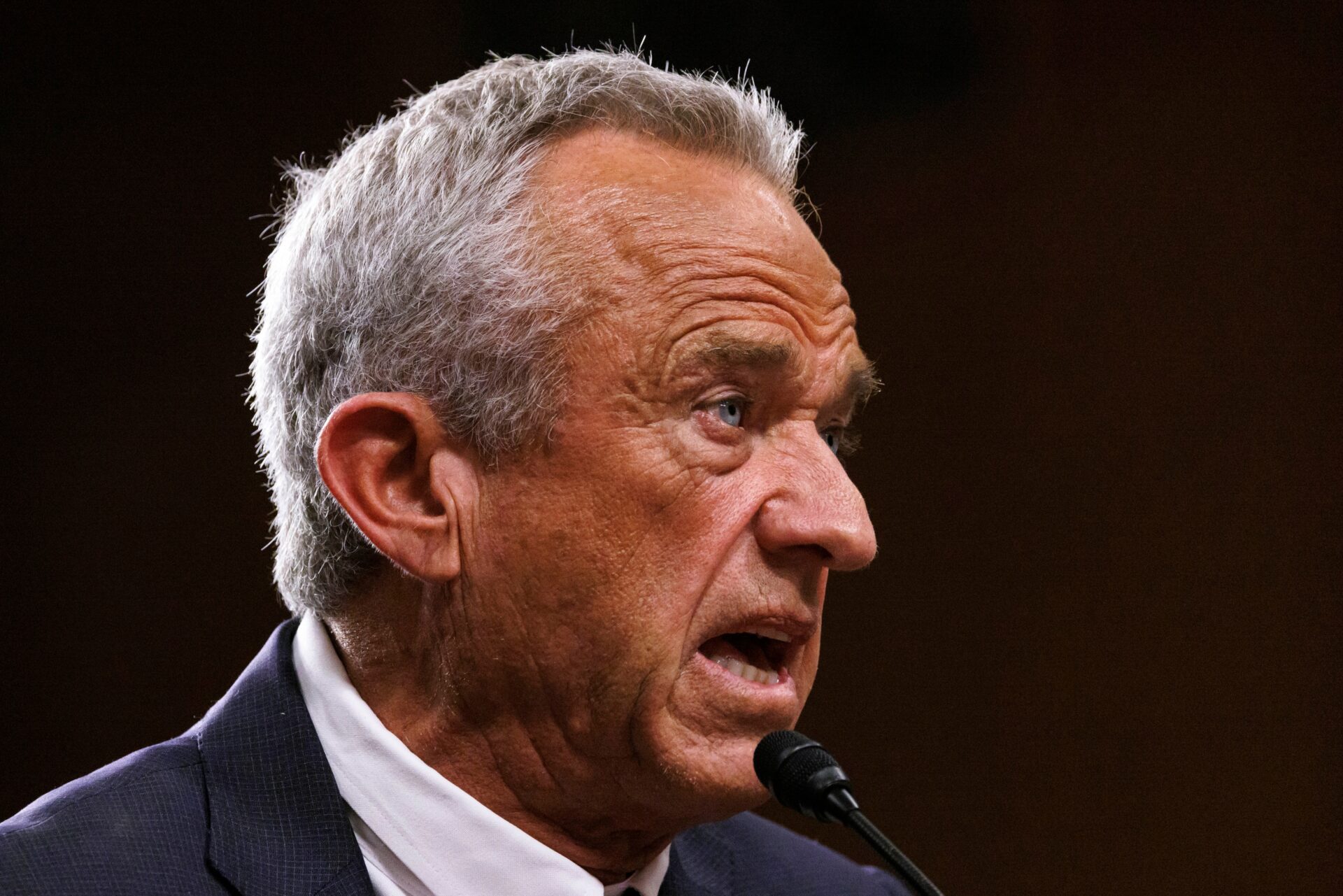
CDC Scales Back MMRV Vaccine Recommendations
In a stunning policy shift, the CDC’s new vaccine panel has scaled back recommendations for the MMRV vaccine, igniting fierce debate over children’s health and safety.
Story Snapshot
- CDC panel, under Robert F. Kennedy Jr., revises MMRV vaccine recommendations.
- Hepatitis B vaccine vote delayed, causing uncertainty in vaccine policy.
- Changes reflect growing vaccine skepticism within the panel.
- Concerns arise over potential disease outbreaks and public trust erosion.
CDC’s New Direction Under Robert F. Kennedy Jr.
In February 2025, Robert F. Kennedy Jr. was appointed as the Secretary of Health and Human Services, bringing a wave of change to the CDC’s Advisory Committee on Immunization Practices (ACIP). Under his leadership, the committee has shifted its stance on childhood vaccines, sparking intense debate across the nation. The recent recommendation to scale back the use of the MMRV vaccine in young children underscores this new direction, reflecting Kennedy’s long-standing skepticism about current vaccine schedules.
Oh look, the anti-vaxxers were right…again.
The more vaccines combined into one vial, the more adverse events there are.
Today the vaccine advisory panel looked at the difference between the MMR vaccine and the MMRV vaccine. The MMRV vaccine provokes more fevers and more… pic.twitter.com/LmUUpJmAPs
— Anna Matson (@AnnaRMatson) September 18, 2025
Impact of MMRV Vaccine Recommendation Changes
The ACIP’s decision to favor standalone varicella vaccination for toddlers through age three marks a significant departure from past policies. This change has raised alarms among healthcare providers and parents, who now face uncertainty in vaccine schedules. Critics argue that the move could lead to lower vaccination rates and a resurgence of diseases like measles and mumps, which had been largely controlled through widespread immunization. The scientific community remains concerned about the implications for public health and the potential erosion of trust in vaccine policy.
Adding to this uncertainty, the scheduled vote on the hepatitis B vaccine at birth has been postponed. This delay has left many questioning the future direction of vaccine policy under this new leadership. Former CDC director Susan Monarez has voiced concerns that the new approach could lead to outbreaks of preventable diseases, further complicating the public health landscape. The Senate HELP Committee is closely monitoring these developments, emphasizing the need for scientific integrity in policy decisions.
Long-term Consequences and Public Reaction
These policy shifts could have far-reaching effects on the nation. In the short term, confusion among healthcare providers and parents is likely, with potential reductions in MMRV uptake. In the long term, if vaccination rates decline, the risk of disease outbreaks increases, posing significant challenges to public health infrastructure. Additionally, the changes have intensified political polarization over vaccine policy, with debates raging over the balance between individual choice and public health responsibilities. Pharmaceutical companies may also see shifts in demand, affecting the industry landscape.
Critics of the ACIP’s new direction argue that decisions are being influenced by ideological biases rather than robust scientific evidence. As the debate unfolds, the role of the ACIP and the CDC remains central to ensuring the health and safety of the nation’s children.
Watch the report:Breaking down new CDC recommendation on MMRV vaccine
Sources:
New CDC Advisers Scale Back Recommendations on MMRV Vaccine in Young Kids
HHS: Official Press Releases on Vaccine Recommendations
CDC: Official Policy Documents and Meeting Materials


